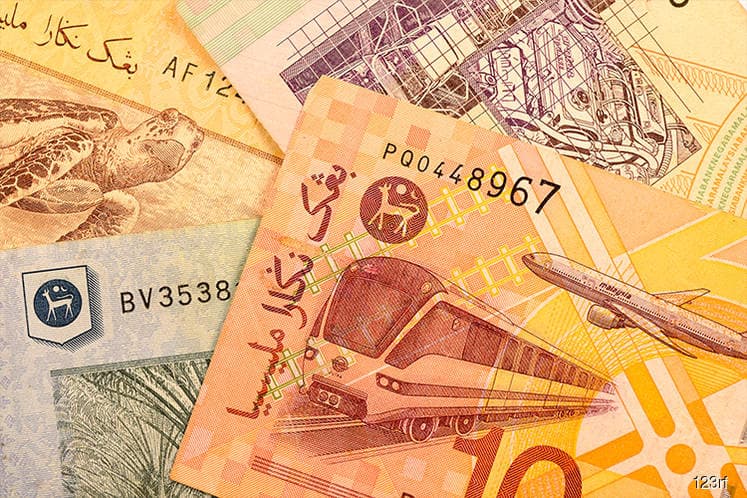
KUALA LUMPUR (Oct 18): AmBank Group Research said the option to use capital controls at the moment could be fairly premature.
In a thematic report today, AmBank Group chief economist Dr Anthony Dass however said Malaysia should remain mindful about it, especially if global volatility remains strong or becomes stronger, resulting in a huge capital outflow.
“Added pressure on Malaysia will be the risk of rising fiscal deficit/GDP and the challenge to lower the public debt/gross domestic product,” he said.
Dass said should the depreciation of the currencies turn out to be drastic, it will exert a strong pressure on countries exposed to high USD-denominated debt, including Malaysia.
He said such pressure may potentially provide justification for capital controls.
On the likelihood for a ringgit peg, Dass said among other factors, the level of reserves is crucial in determining whether a currency needs to be pegged.
He said that focusing on Malaysia, the reserves level is currently around US$103 billion, which is sufficient to finance 7.4 months of retained imports.
Dass said the ringgit is trading around 4.15 against the USD.
He added that about RM17.7 billion was used for liquidity management via short position for forward and futures end August.
“From our assessment, should the level of reserves approach US$80 billion or 6 months of retained imports, the pressure is expected to pick up on the local currency to be pegged. Our estimation suggests the threshold is around 5 months retained imports or about US$70bil in reserves for the currency to be pegged.
“In our view, clearly a peg will reduce uncertainties on the value of the currency, and provide stability to the exchange rate. Should the peg be set at a competitive level, it will improve our competitiveness thus benefitting the export-oriented sectors more,” he said.
Dass said although the peg helps ease importers’ concerns on the direction of the ringgit and their currency strategy, the potential setback is that an undervalued ringgit makes imports of capital and intermediate goods more expensive and has deleterious effects for the country’s medium- and long-term capacity expansion and growth.
He said that besides, it will not augur well for short-term foreign players in the local bourse and global pension funds with restrictions to invest into markets with capital control.